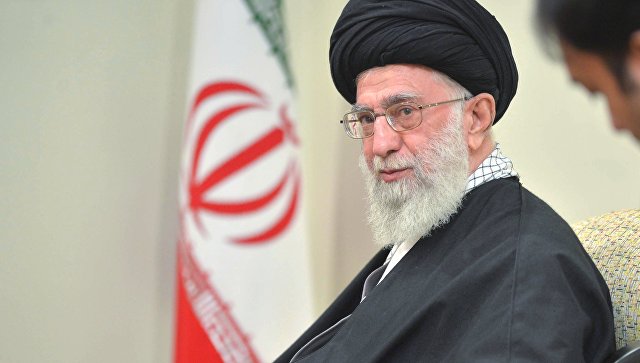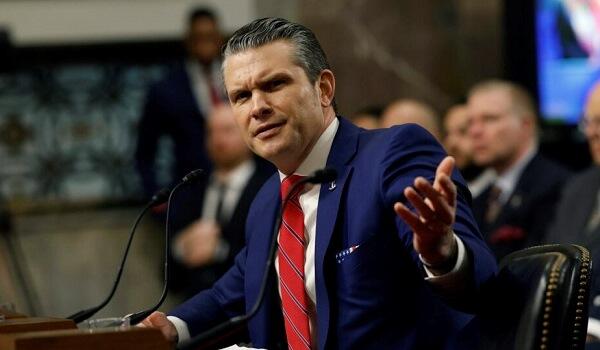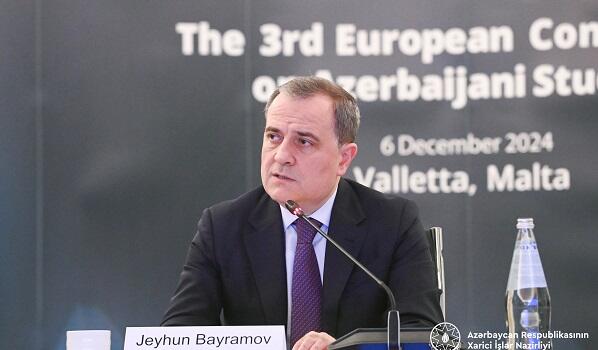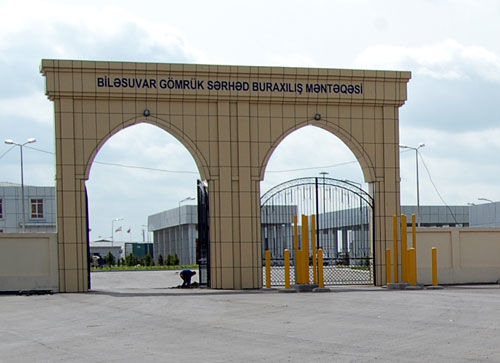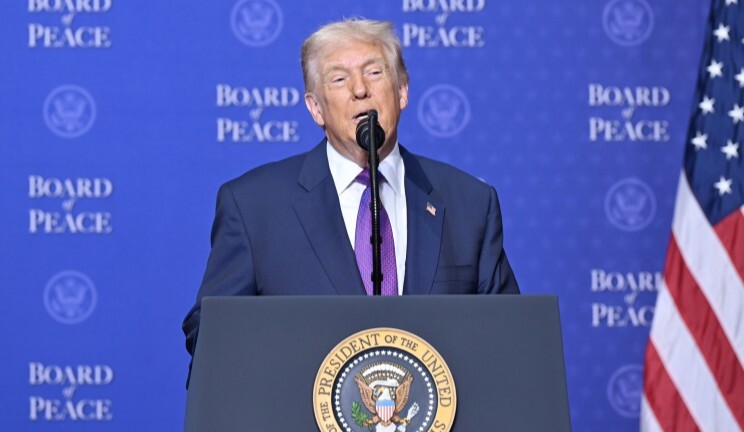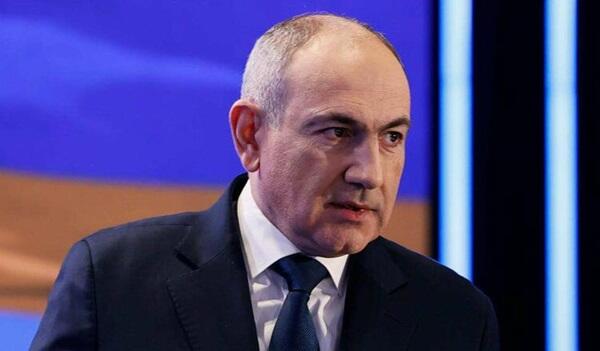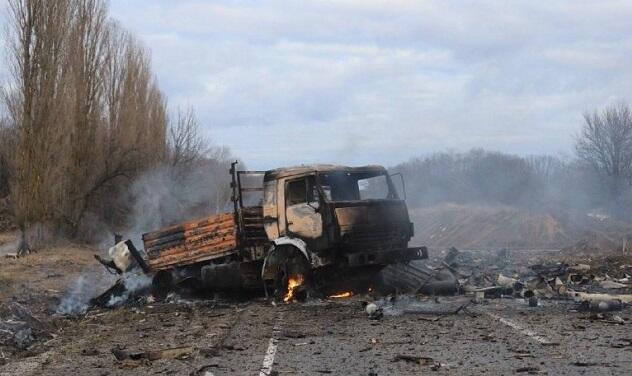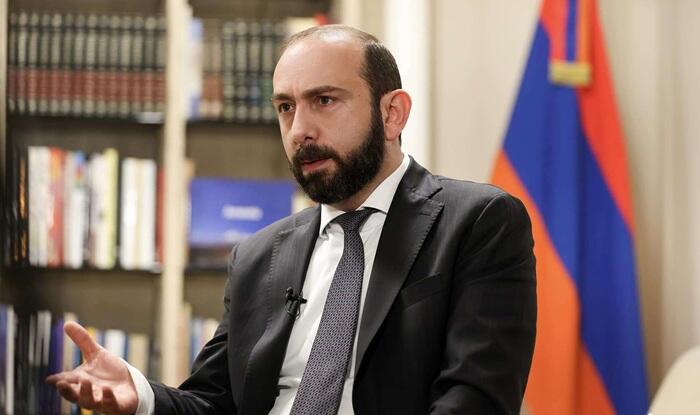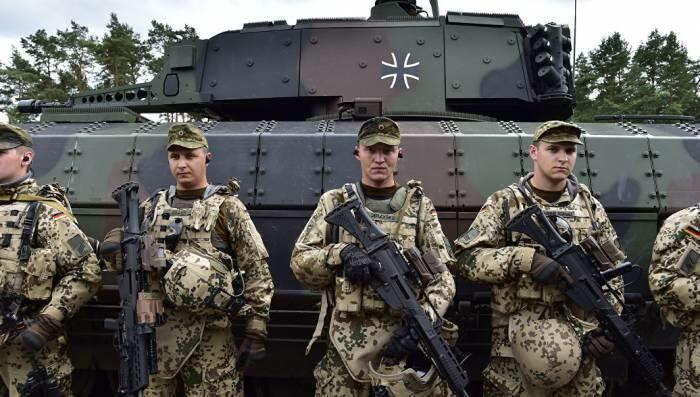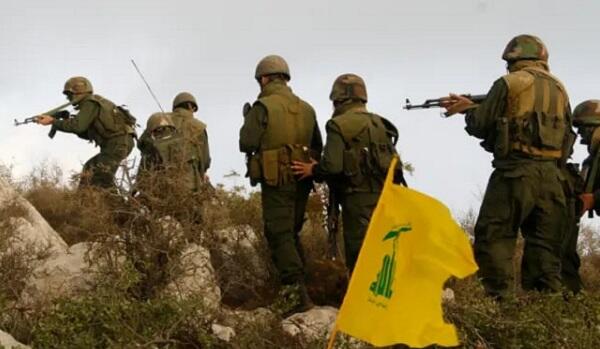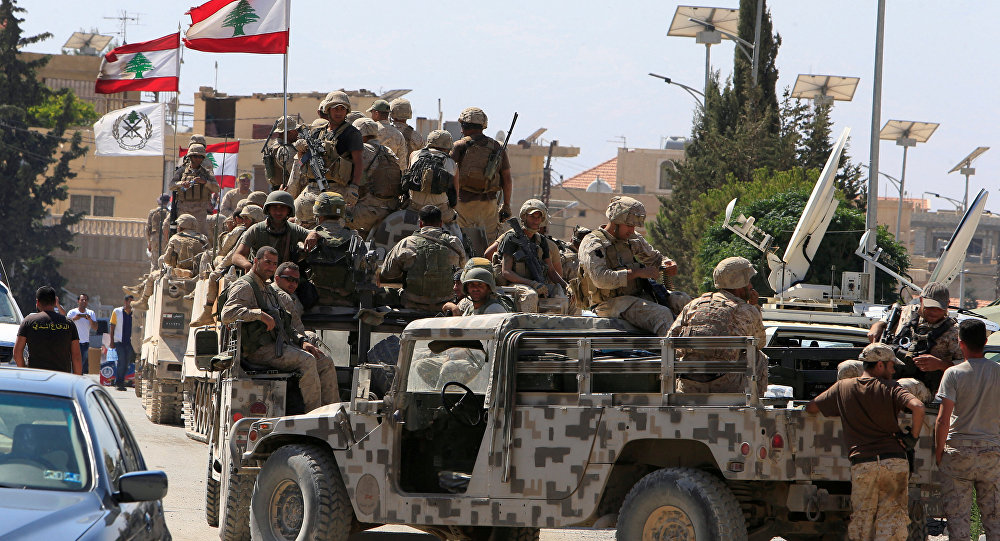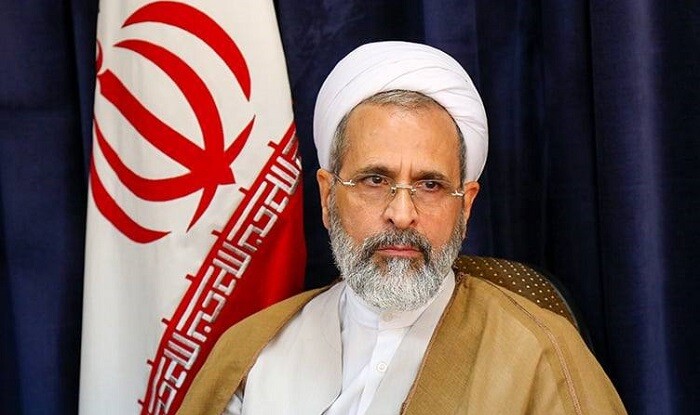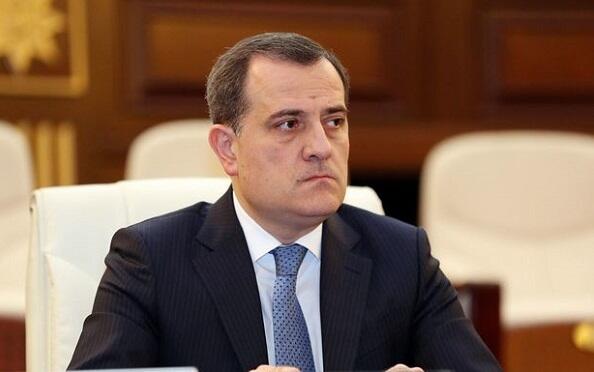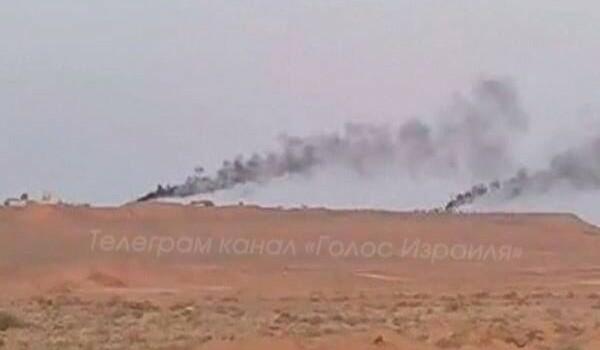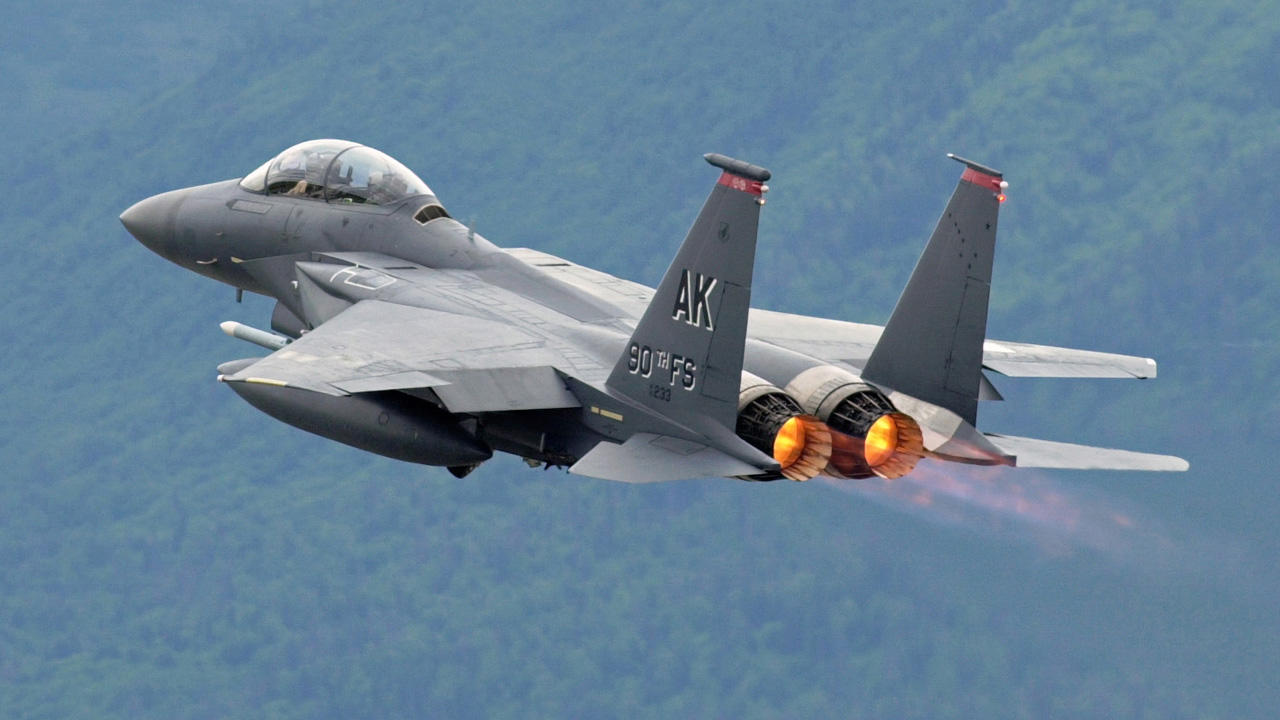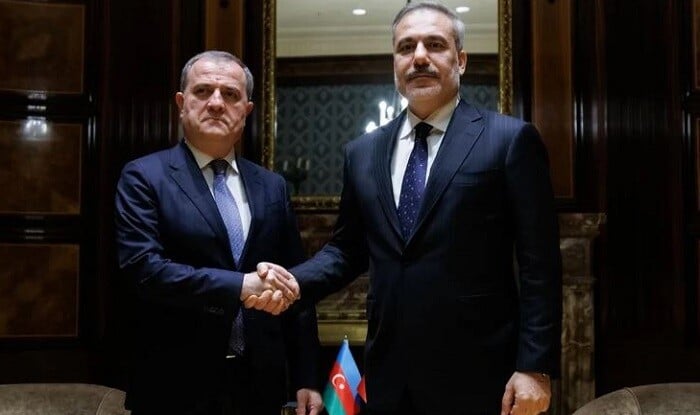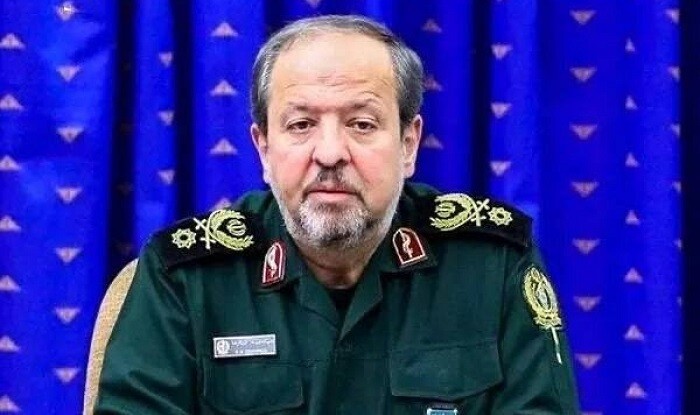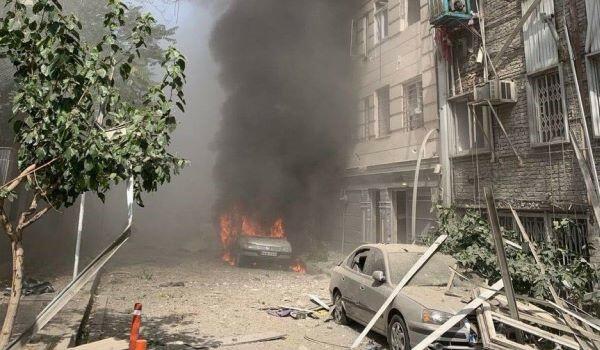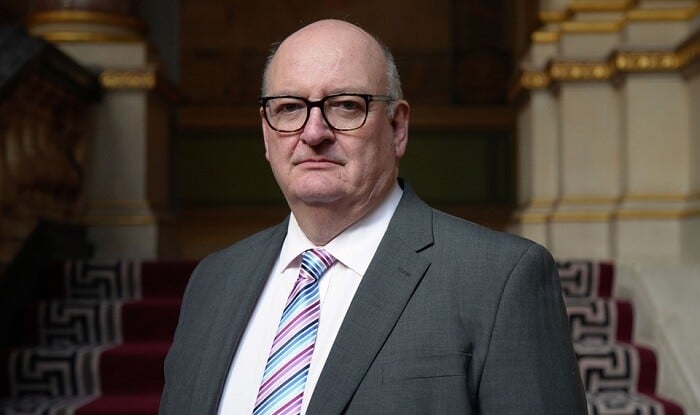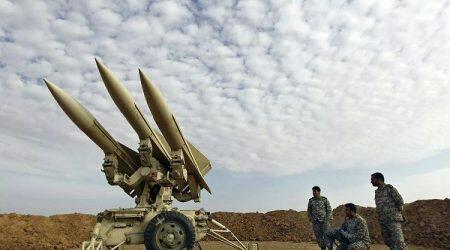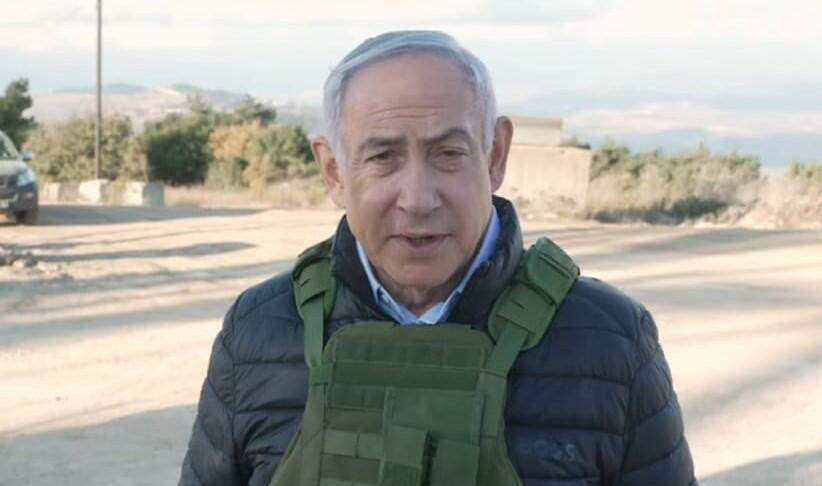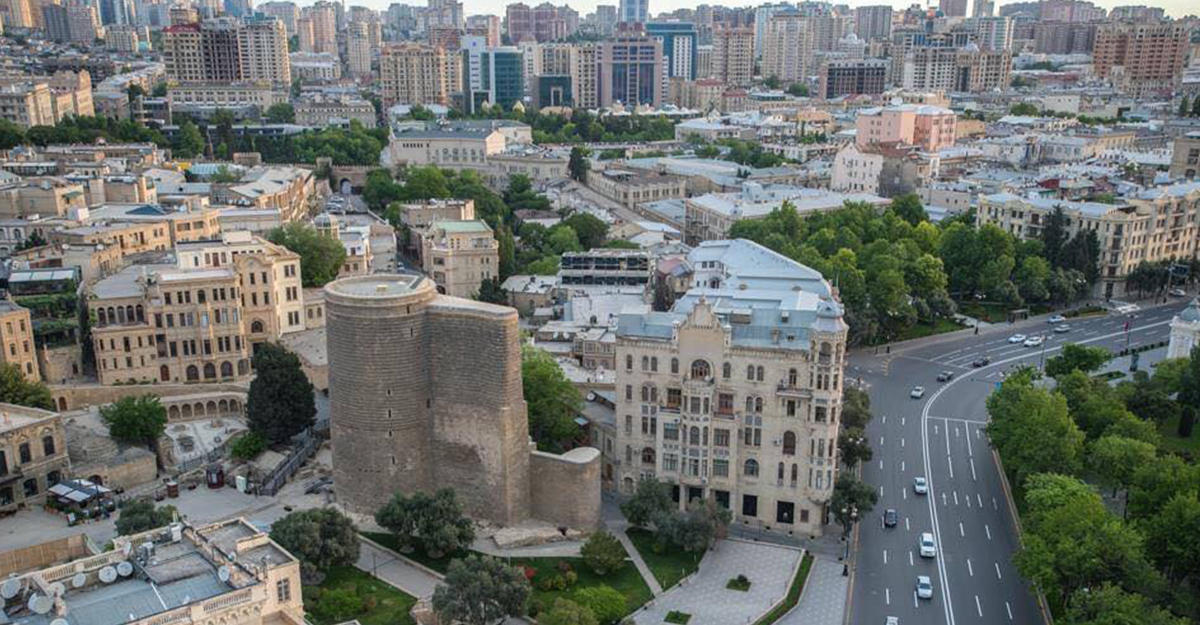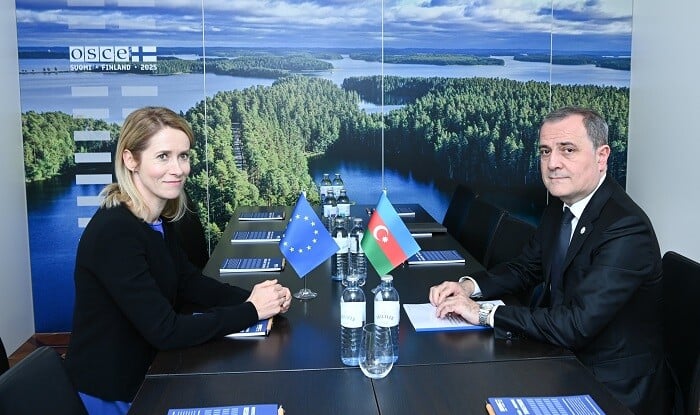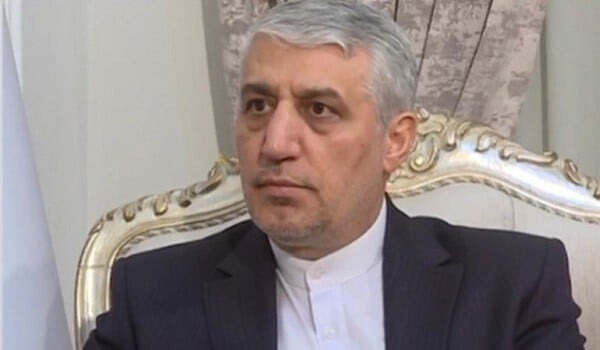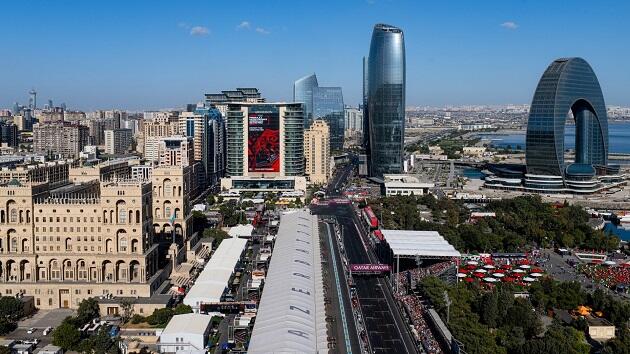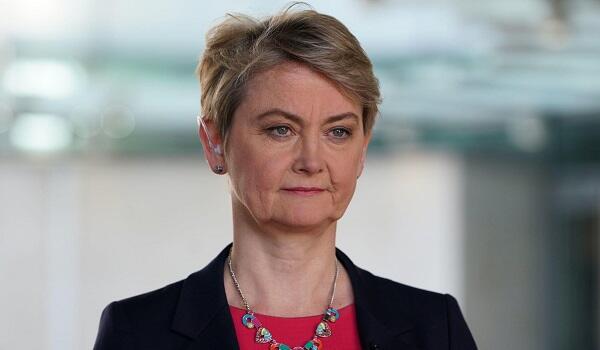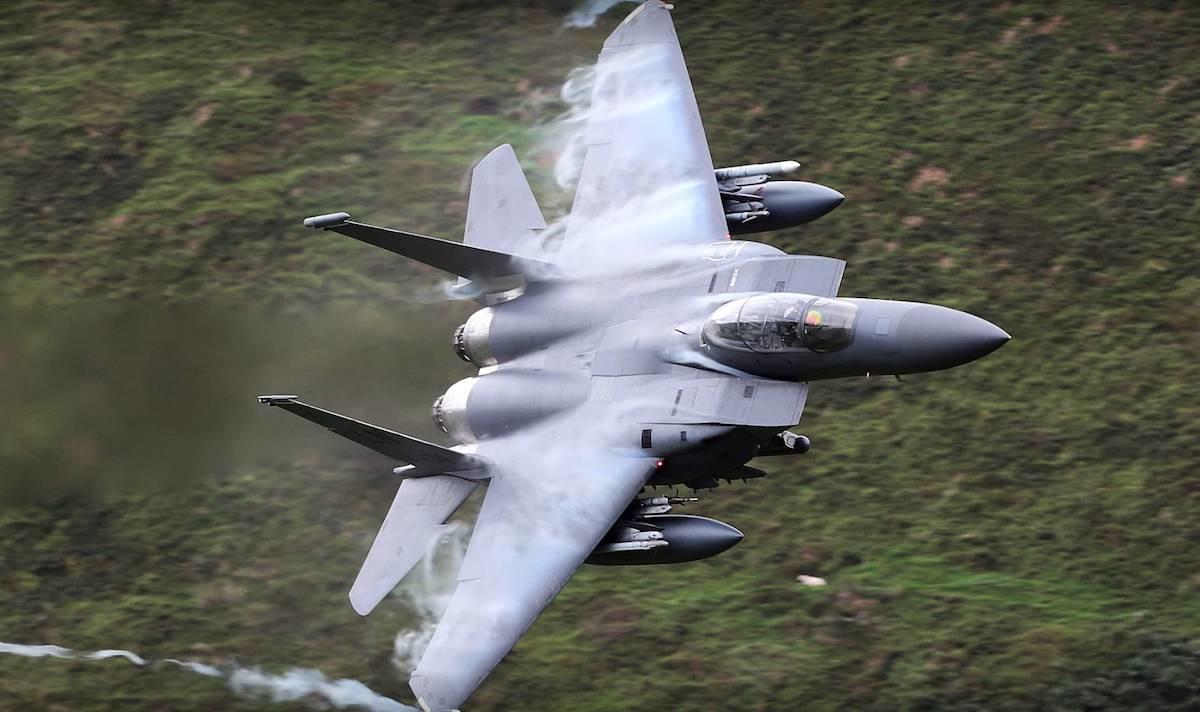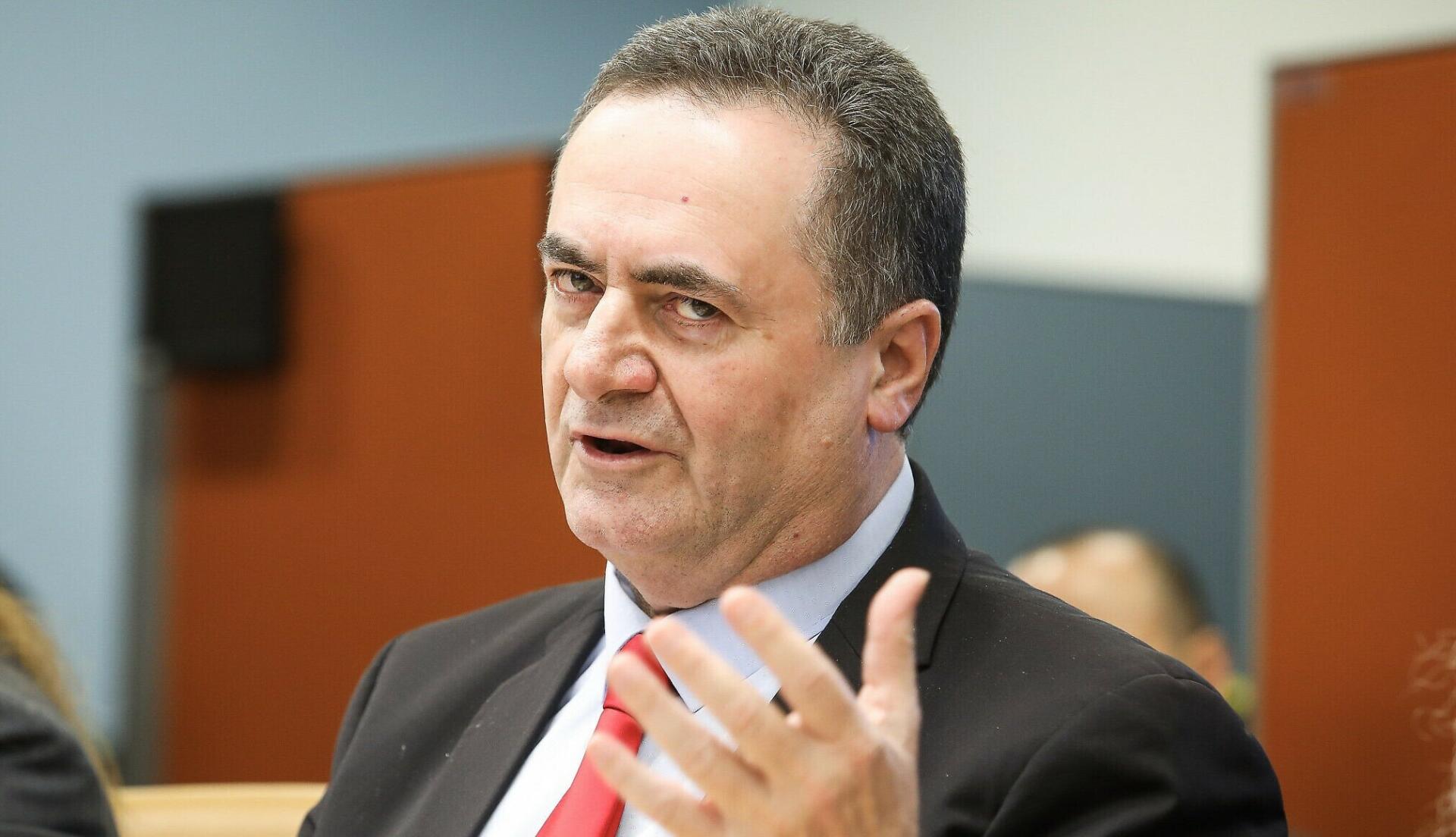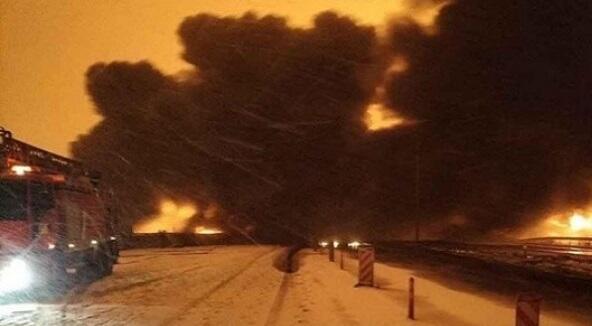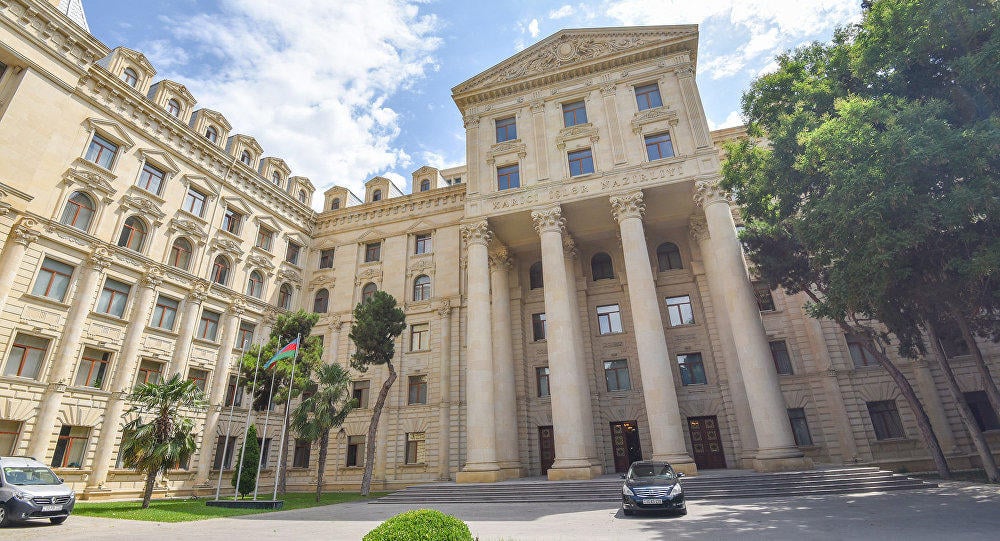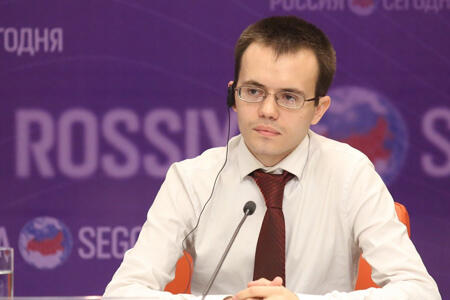Axar.az presents the article "What explains Putin's pragmatic approach to Armenia's political crisis?" by Andrew Korybko.
President Putin's approach to Armenia's political crisis is the definition of pragmatic. The Russian leader spoke with his Armenian counterpart upon the latter's initiative on the day that the Armenian General Staff demanded that Prime Minister Pashinyan resign. According to the official Kremlin website, he “spoke in support of maintaining peace and order in Armenia and resolving the situation in a lawful manner.” Foreign Minister Lavrov also said on the same day that the situation is Armenia's “internal affair”, while the Russian and Armenian Defense Ministers held a call where they discussed the developments among other topics.
Russia respects its partners' sovereignty and doesn't interfere in their domestic affairs. It's certainly concerned about what's happening in Armenia, but it won't take any direct action to influence the course of events. All that it'll do is remind everyone of their commitments to the rule of law seeing as how Moscow is adamantly against any illegal regime change no matter what country this occurs in. The Eurasian Great Power, contrary to the West's fearmongering claims, is always in support of stability. Instability anywhere along its periphery endangers its national interests, hence the Kremlin's pragmatic support of legitimate governments.
That being the case and remembering that Russia won't directly intervene to shape the outcome of Armenia's ongoing unrest, there's a chance that Pashinyan might either resign or be removed from power. In that event, Russia would likely react in a similarly pragmatic way by seeking to establish contact with the then-new de facto authorities there. The most important interest that Russia has is to ensure that Armenia stabilizes as soon as possible and that its armed forces don't violate last November's ceasefire following any possible regime change in the country.
As it stands, for as concerning as the situation presently is, it's unlikely that the worst-case scenario will transpire whereby a neo-fascist junta seizes power then immediately provokes hostilities with Azerbaijan and/or Turkey. There's no diplomatic way to say it other than describing such a disastrous decision as national suicide. Coup plotters overthrow legitimate authorities in order to retain power, not quickly lose it and perhaps even their lives at the hands of the foreign states that they might be under pressure by their supporters to attack. They'd also know that Russia wouldn't support them in that case either, thus guaranteeing their doom.
It can only be hoped that any potential regime change in Armenia results in its new leadership listening to their country's Russian ally by remaining committed to November's Moscow-mediated ceasefire no matter what. That's all that Russia cares about in this context since everything else is Armenia's domestic affair, but if its military recommences hostilities in Nagorno-Karabakh despite Russian peacekeepers' present deployment there, then it would instantly involve Moscow in that conflict. For that reason, it can be expected that President Putin will pragmatically do everything in his power to prevent that from happening.
